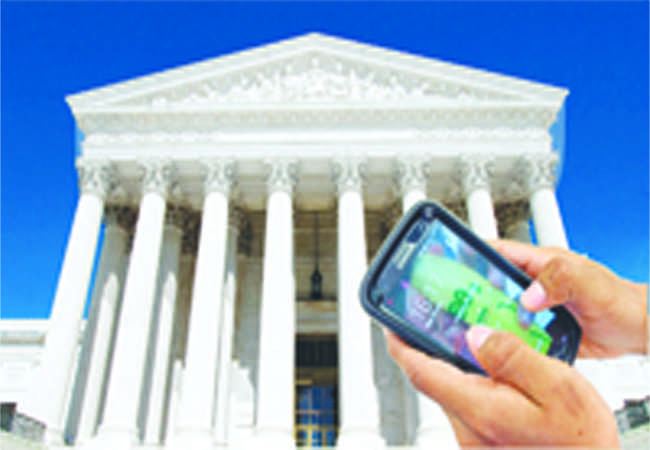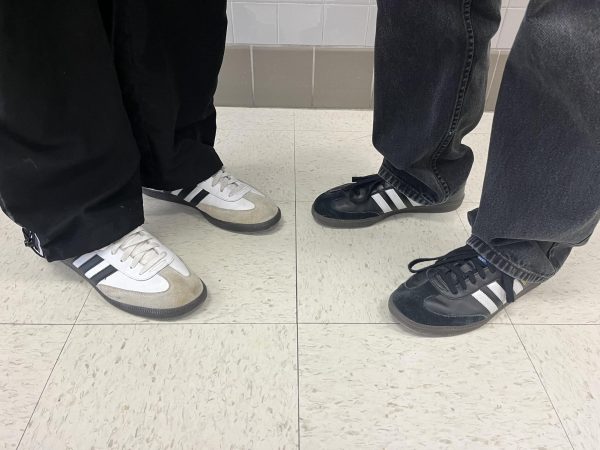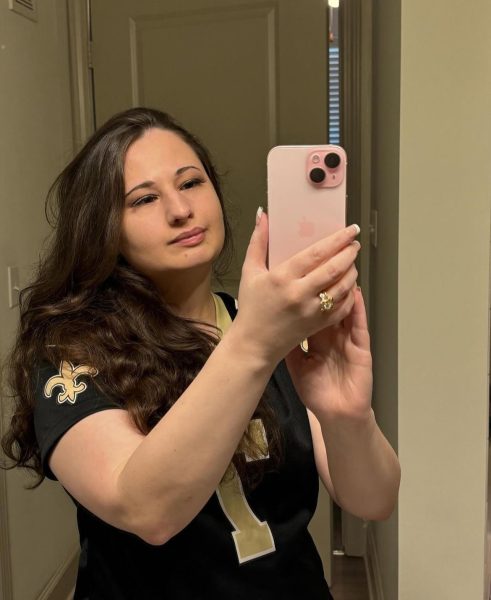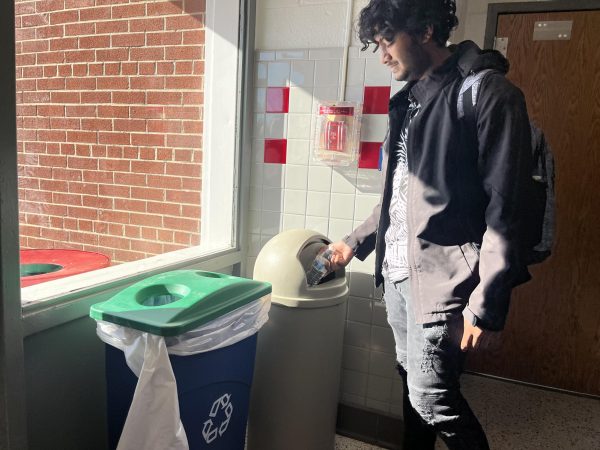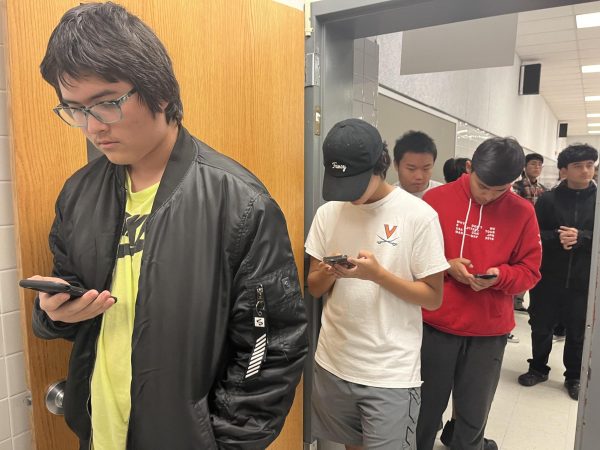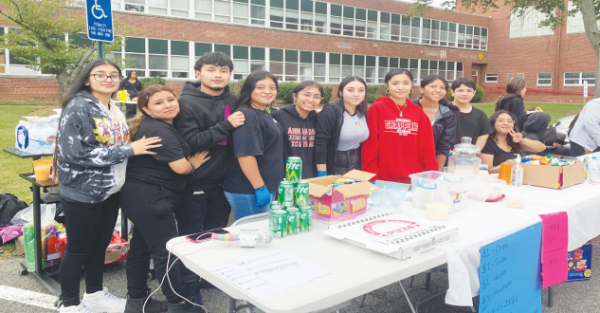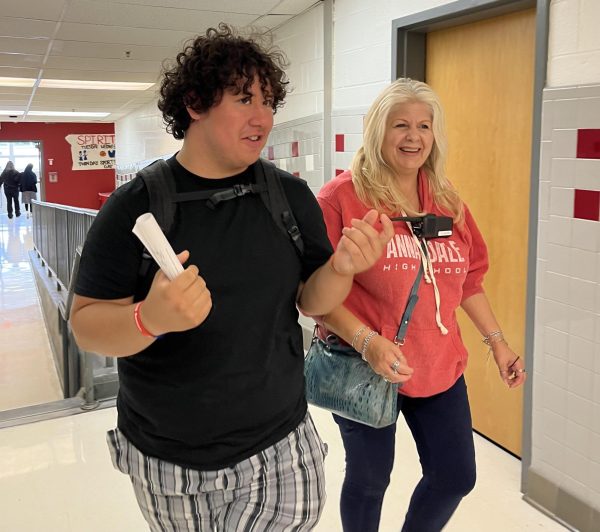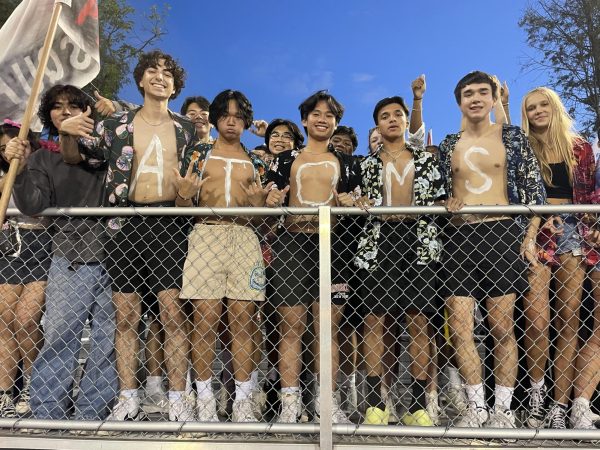Protect cell phone privacy
You are caught texting in class and your teacher confiscates your cell phone. Many students are familiar with the feeling of dread that comes from being in this situation.
In a similar situation, policemen often confiscate the phones of people that they arrest. These phones are often searched by policemen, which gives them access to a plethora of information about the arrested person.
The Supreme Court is now grappling with the issue of how invasive these phone searches can be, including the issue of whether or not a warrant is needed for phone searches.
The two cases regarding this issue that made it to the Supreme Court are from San Diego and Boston.
In Riley v. California, David Riley was pulled over for driving on a suspended license when the officer found guns in the car. When he was taken into the station, his phone was searched and law enforcement found texts and pictures associated with gangs. A state appeals court upheld the search done by the officers without a warrant.
In United States v. Wurie, Burma Wurie was arrested for allegedly selling crack cocaine. When he was taken into the police station, Wurie’s phone rang and the number was traced to a location in South Boston where the police found drugs and a weapon.
In the days before the ubiquitous use of cell phones, policemen were allowed to search people in a small window of time “from incident to arrest.” This was allowed in order to prevent the suspect from destroying any last-minute evidence, and to protect the officer from a concealed weapon.
According to a January survey by the Pew Research Center, more than 90 percent of Americans have a cell phone and 58 percent have a smartphone that has Internet access.
These days, when cell phones are confiscated by policemen and end up in a police station, law enforcers could potentially have access to a large amount of personal information about the suspect without a warrant. It is this practice that is being debated in the Supreme Court.
Searching a person’s cell phone without a warrant is a blatant violation of their Fourth Amendment rights. The Fourth Amendment protects from unreasonable search and seizure, stating that both a warrant and probable cause are required for any search.
Allowing the police to search people’s phones without a warrant is the equivalent of them randomly knocking on a person’s door and searching their house without a warrant. When you carry your cell phone, you carry a library of your personal information in your pocket.
If the Founding Fathers were drafting the Constitution in the world today, they would undoubtedly have included a clause in The Fourth Amendment about the necessity of having a warrant before searching cell phones.
It is predicted that the Supreme Court justices will come up with a “middle-ground” rule, that allows cell phone searches without a warrant for some cases, but not all.
Thus far in the judicial process, justices have asked questions for both sides and their questioning did not show any leaning to one side. They are expected to make their final decision by late June. Here’s hoping that they rule in favor of the people.

Sarah Metzel is the current Editorals Editor of The A-Blast. She joined the staff sophomore year as a staff writer.
Metzel was accepted into the Young...



